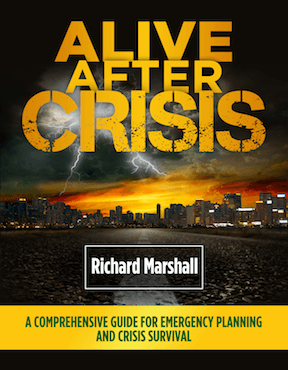In the cities and towns of most states, there are dozens or more supermarkets. Fast food places are in abundance so there’s a never-ending variety of food choices. With all of these food choices, you might find it surprising to learn you can actually live and thrive on only a handful of different foods.
Not only can you thrive on fewer food choices, but your body will be able to get the nutrients it needs to be healthy even on less. Why is this important new? Because in the event of a natural catastrophe or a government economic meltdown, you’ll have to be prepared to survive.
When you have no access to supermarkets or other places that sell food, all you can count on are the food supplies that you can take in your backpack or the food that you get from living off the land.
Your body needs protein, fats and carbohydrates. Since a backpack can’t hold all of the food you need for a long-term survival situation, you have to be prepared. Your body has to have the bare necessities in order to live.
Some of these bare necessities are known as superfoods. They not only give the body great nutrients – such as iron and calcium – but they can be dried for longer periods of storage time, too.
You want to make sure that your body has what it needs to stay healthy, so you’ll want foods that contain vitamins and fiber. You’ll also want foods that are loaded with antioxidants, too.
Potassium foods are good for the body – as are foods that can lower your cholesterol. Foods from sea and natural waters can help provide the nutrients your body needs as well.
Getting ready now to live off the land makes good sense. If you have foods already growing that can feed yourself and your family, then you can do well with long term survival.
It’s a good idea to have emergency food packed, but you don’t know how long that food is going to have to last you and eventually the rations will run out. But you can begin now and plant foods that can be the staples you need.
You can grow fruit and all sorts of healthy foods. In fact, living off the land, off the foods you grow for yourself, is actually better for you than what you can buy prepackaged at the supermarket.
Prepare now by planning your garden with seeds and plants, but also take the time to learn what plants that grow in the wild are edible in case you and your family have to leave the area where your garden is growing.

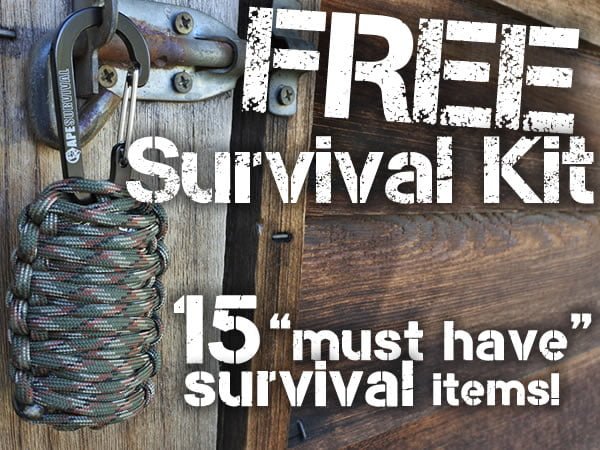
 Prepper Lifestyle
Prepper Lifestyle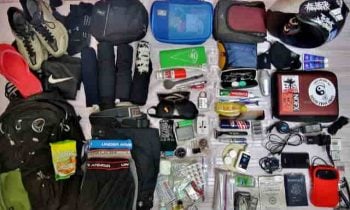 Silent Bug out Bag
Silent Bug out Bag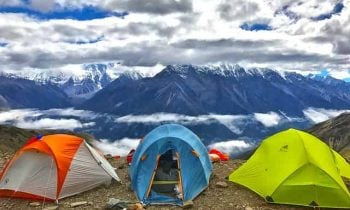 Bug Out Partner
Bug Out Partner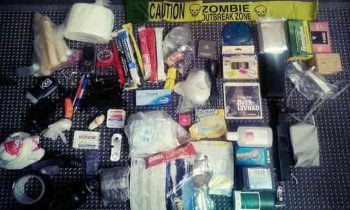 Don’t draw Attention
Don’t draw Attention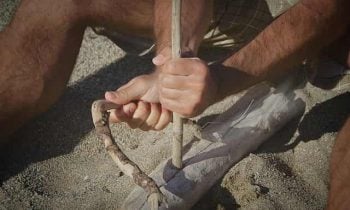 No Multitask
No Multitask